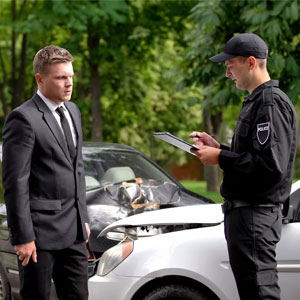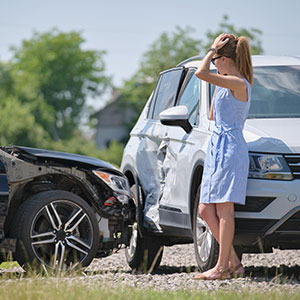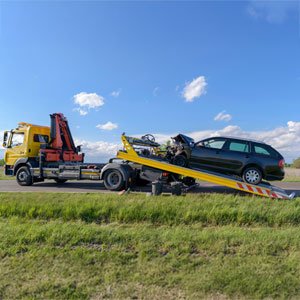Stacking of Inferences On Whether Tire Store Employee Accepted Cash
Car AccidentsIn the case of Jerry Desvarieux v. Bridgestone Retail Operations, LLC, Case Number 3D17-2109 (Fla. 3rd DCA January 22, 2020), Florida’s Third DCA reversed a summary judgment in favor a Tires Plus Total Car Care and allowed the plaintiff to present evidence that he paid cash for a repair even though the tire store employee may not have reported the cash payment.
Facts
Mr. Desvarieux noticed a flat tire while driving in Tampa. He had the tire repaired in Tampa. He paid cash and uploaded a photo to his social media account. Thereafter, he drove to Lakeland to stay with a friend. On the next day in Lakeland, he noticed that his tire was flat again.
He says that he was recommended to go to a tire repair shop on “South Florida Avenue” and that he used his phone’s map to locate a “Tires Plus” store. While at the store, he paid cash to an employee who allegedly repaired the tire and he drove from Lakeland to Miami.
Desvarieux was involved in a crash later that evening that resulted in a C5 quadriplegic injury.
A lawsuit was filed against Bridgestone (Tires Plus) alleging that they negligently performed a repair to the tire. Tires Plus denied ever having performed work on the vehicle in question.
Tires Plus moved for summary judgment because Desvarieux did not have “proof” that Tires Plus serviced his car at the time in question. Tires Plus also argued that Desvarieux’s theory of liability was an “impermissible stacking of inferences” to try to establish that he had visited the store or that an employee was not acting out side the scope of his employment when the tire repair was made and cash accepted but not reported to the business. There was further evidence from other employees that cash was sometimes accepted and not reported or a record created.
The trial judge granted summary judgment in favor of Tires Plus and the Third DCA reversed disagreeing that the evidence presented was an impermissible stacking of inferences. In short order, the reversal was caused by the fact that evidence presented in the case had genuine issues of material fact that can only be decided by a jury. Basically, a jury was needed to weight the credibility of the evidence.
What You Should Take Away From This Case
The real lesson here is not that there is some complicated evidence that needs to be decided by a jury. Instead, the real takeaway from the case is that there is real evidence that a tire store employee made a repair and didn’t report the transaction only to deny liability when something bad happens.
When this happens, the transaction is completely legitimate to the customer and can form the basis of a claim for “apparent agency” where an employee is found to be acting outside the scope of employment (by committing employee theft). The plaintiff in this case should be permitted to amend his lawsuit and add a claim for apparent agency (it should “relate back” to the original filing of the lawsuit) and a claim for vicarious liability arising from such apparent agency.
Talk To A Lakeland Car Accident Lawyer About Your Case
Call Russo Law if you have questions about your Florida car accident case. We offer a free consultation for car accidents. Call us today to see how we can help.


